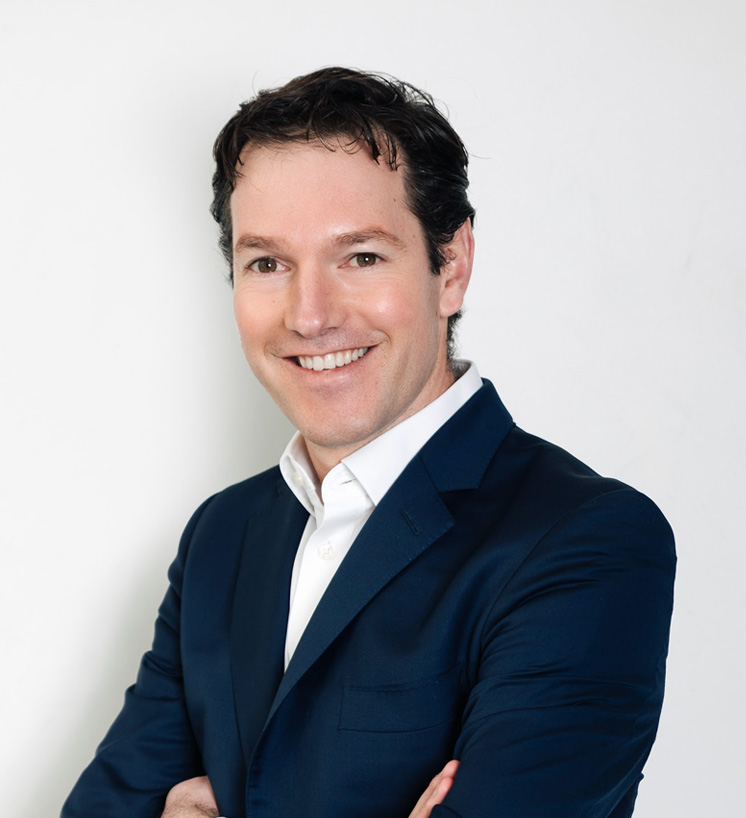6 Jul 21
It’s not a principle which curries much favour as the green revolution takes hold and sustainability becomes such an important part of modern life. However, in professional sport it still dominates. The success of data analytics and ever improving metrics for evaluating performance have had surprisingly little impact on sports journalism and many head coaches. The gut feeling that “they’ve lost a bit of pace", "don't move like they did" or "are just too old" has been particularly prevalent in recent weeks.
Mark Cavendish is probably the greatest sprinter professional cycling has ever seen. His tally before this year of 30 stage wins at the Tour de France sets him apart from every professional cyclist in history bar one, Eddie Merckx with 34. To put this in perspective, thousands of riders have reached the pinnacle of their sport by competing in the Tour de France. However, the vast majority of those elite professional cyclists have never managed to win a single stage at the greatest event in their sport, the Tour de France, never mind 30.
That unquantifiable difference between being a top elite athlete and a serial winner of sports’ greatest trophies is the most valuable, if elusive, quality an athlete can possess. As Cavendish himself will attest, he doesn’t have the most amazing lung capacity nor the most amazing physique for a sprint cyclist. Early coaches often wrote him off as a result. His desire and competitive streak shone through as I advised him on his move to Team Sky in 2012. He also has great tactical nous and an uncanny knack for positioning and timing in the final metres of key races. These attributes are very difficult to score or evaluate. However, somehow they combine to produce a rider that doesn’t just reach the elite level but consistently wins at the elite level.
With his CV and history and back to full health, it would seem obvious that he would be a shoe in for any team competing on the Tour. His three dramatic wins in Fougères, Châteauroux and Valence taking him to 33 stage wins, now just one behind the legendary Merckx, were surely not that surprising when set in the context of what he has achieved to date.
However, earlier this year there was no place for him on any of the 23 teams preparing for the Tour. Quickstep finally picked him up but chose not to select him to compete in France. All the teams were more comfortable with young, less experienced and certainly less garlanded sprinters in their teams. Cavendish only made it onto the starting line in Brest as a result of the injury to Quicksteps’ nominated sprinter, Sam Bennett. In fairness a Tour stage winner in his own right with two stage wins to his name.
Exchanging Cavendish’s many green jerseys for the green grass of Wimbledon. The amount of column inches that have been written about whether Andy Murray should retire have understandably upset the triple Grand Slam winner. Since 1977, hundreds of British players have competed in the singles at Wimbledon. All of them exceptionally talented. However, it’s only Andy Murray who has taken the title. He has of course battled with his injuries since his second win in 2016. With a pitiful amount of match practice, he again got as far as any British man in the tournament this year and demonstrated a winning mentality that still sets him apart. Remember he is 6 years younger than another great still defying the naysayers. Roger Federer will take his place in his 18th Wimbledon Quarter Final on Wednesday.
The green analogy may not stretch to Harry Kane but the same principles do. His statistics as one of the standout centre forwards that England have produced in the last 50 years speak for themselves. Nobody else in the squad comes close. However, yet again after a couple of jaded performances, the clamour for youth and new opportunities was almost universal. Following the Germany and Ukraine results many commentators have conveniently forgotten the pieces written the week before. The cliches about “class being permanent” and “statistics speaking for themselves” were not to be seen after the Scotland game.
However, those cliches, speak to the truth. Many professional sportsmen and women demonstrate great talent and it is inspiring to consider what they might achieve. Emma Raducanu’s joyous and charming journey to the fourth round at Wimbledon has been wonderful to watch. Yet, very, very few athletes manage to turn that promise and talent into titles, medals or achievements at the very pinnacle of their sport. Those that do have proven something very special and unusual in their makeup. Whatever it is, it’s exceptionally hard to define. Nevertheless it is perhaps the most valuable attribute for any professional sports person.
So when the temptation is to write these legends off and trust in those that might achieve rather than those that have achieved, perhaps journalists, coaches and the arm chair fan should pause. The “grass is not always greener on the other side”. Elite level winners are a very rare breed and as such we should support and cherish them for as long as we can.

